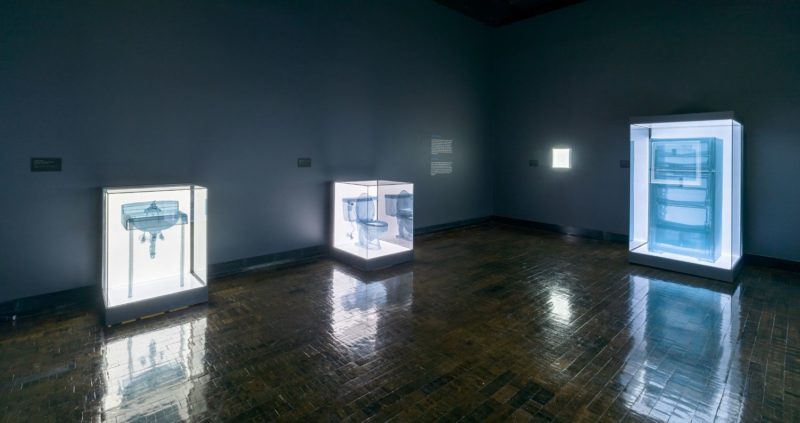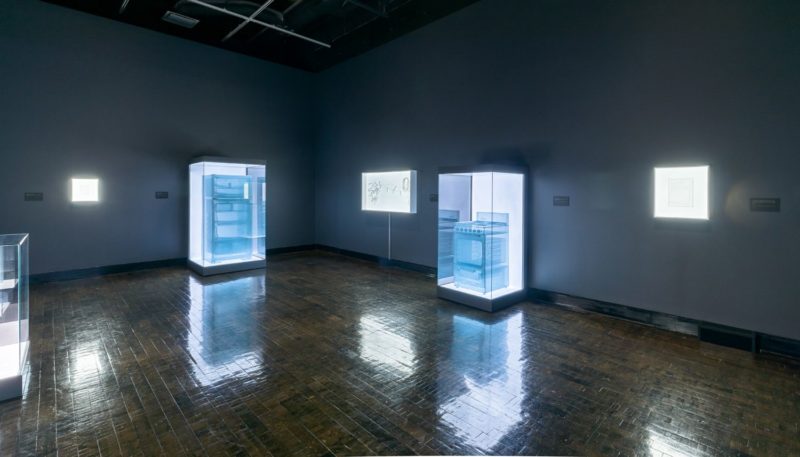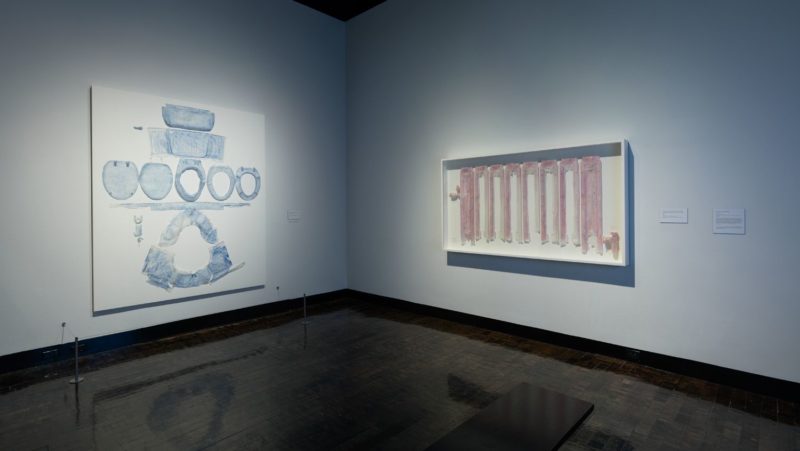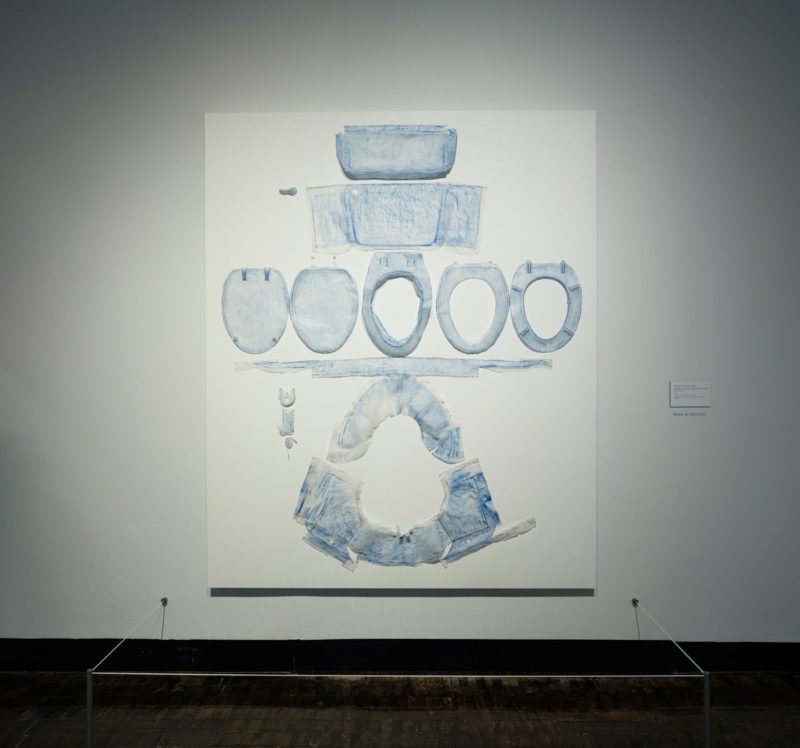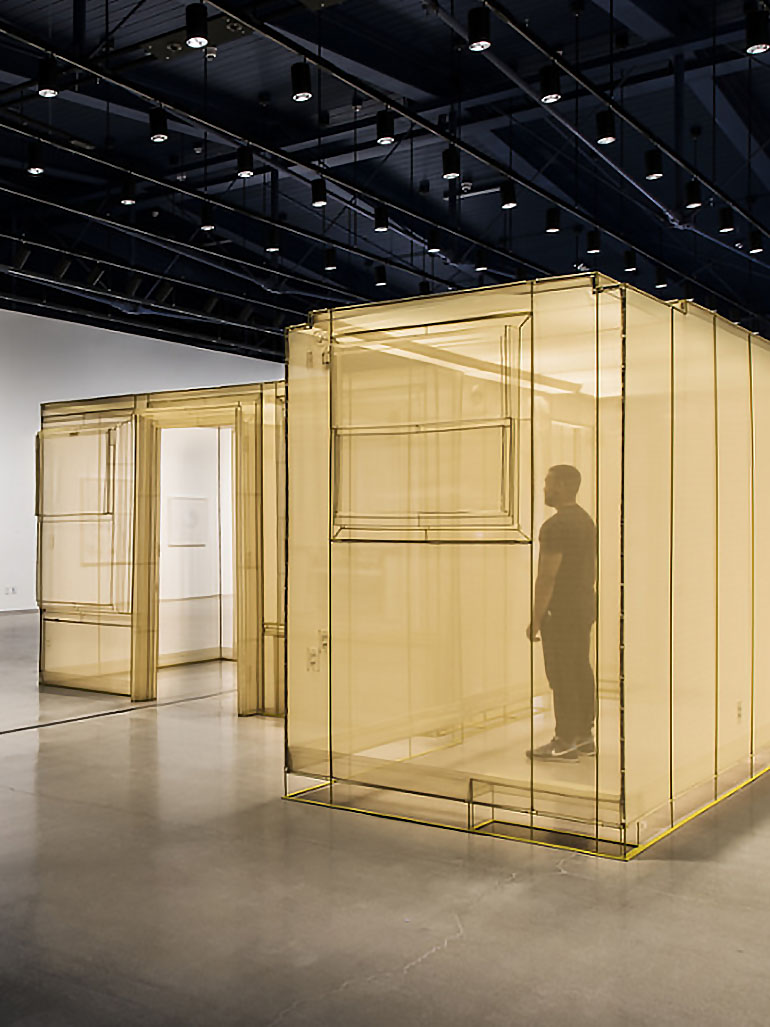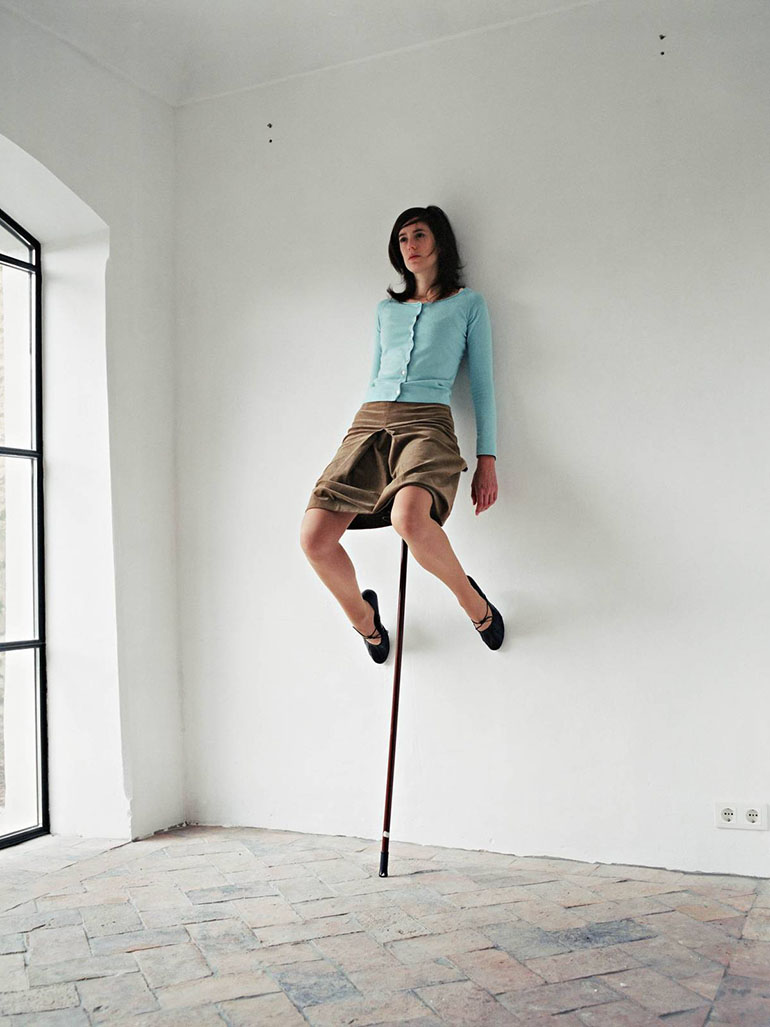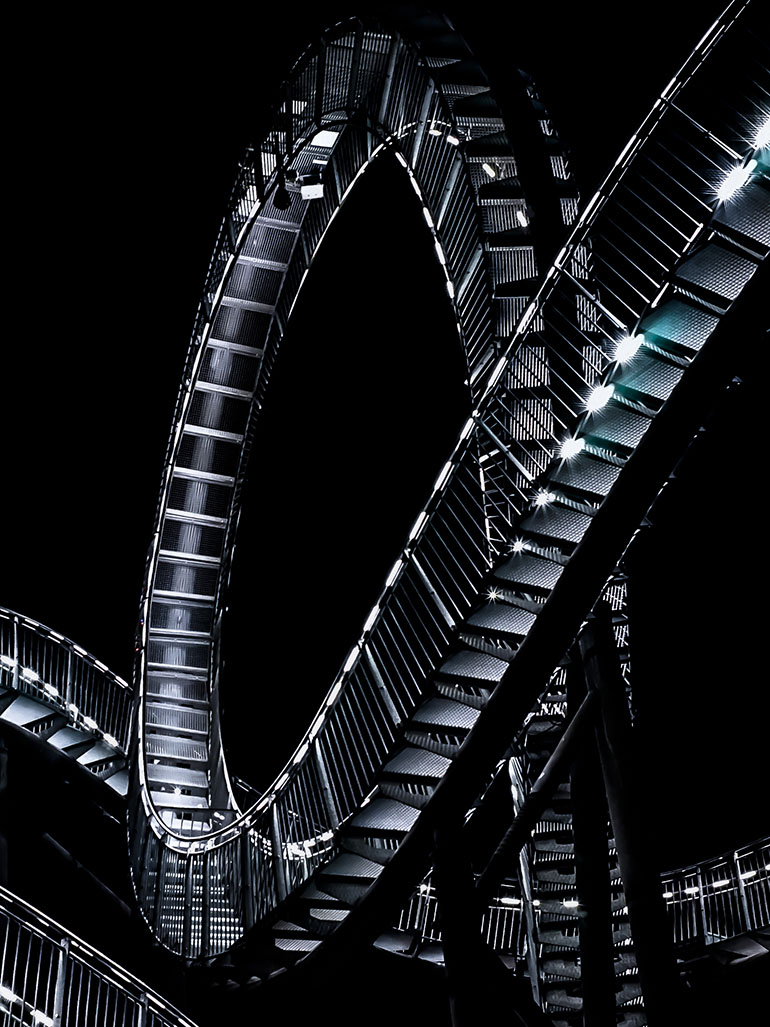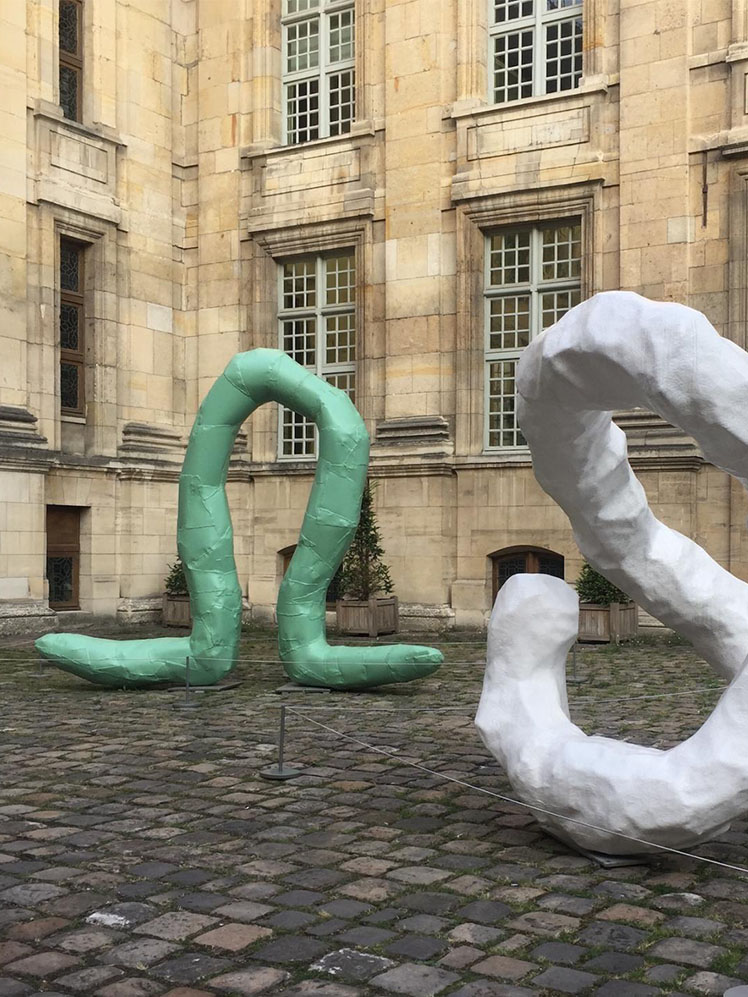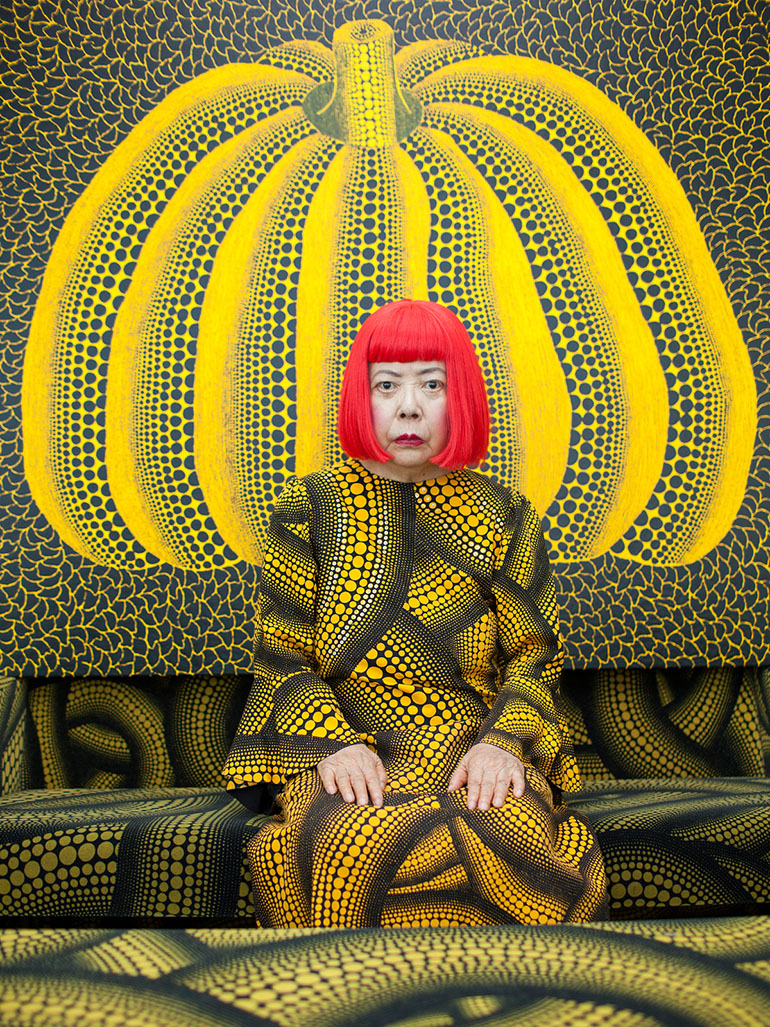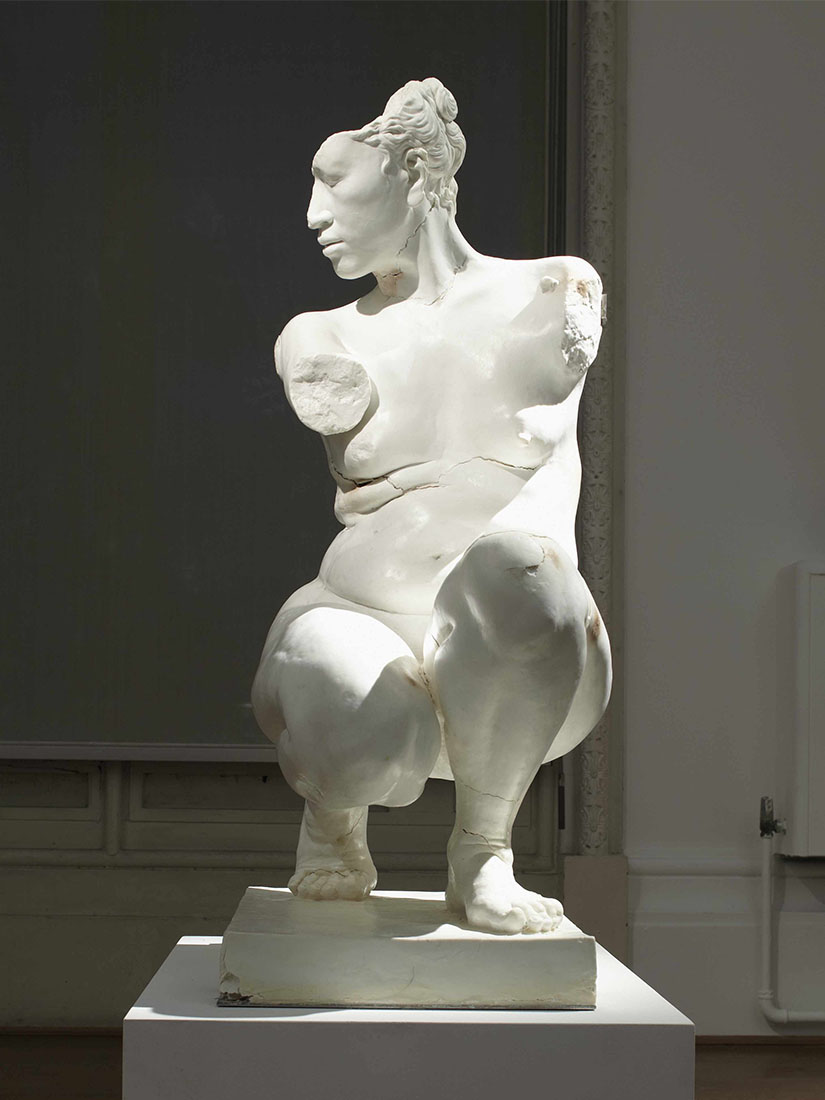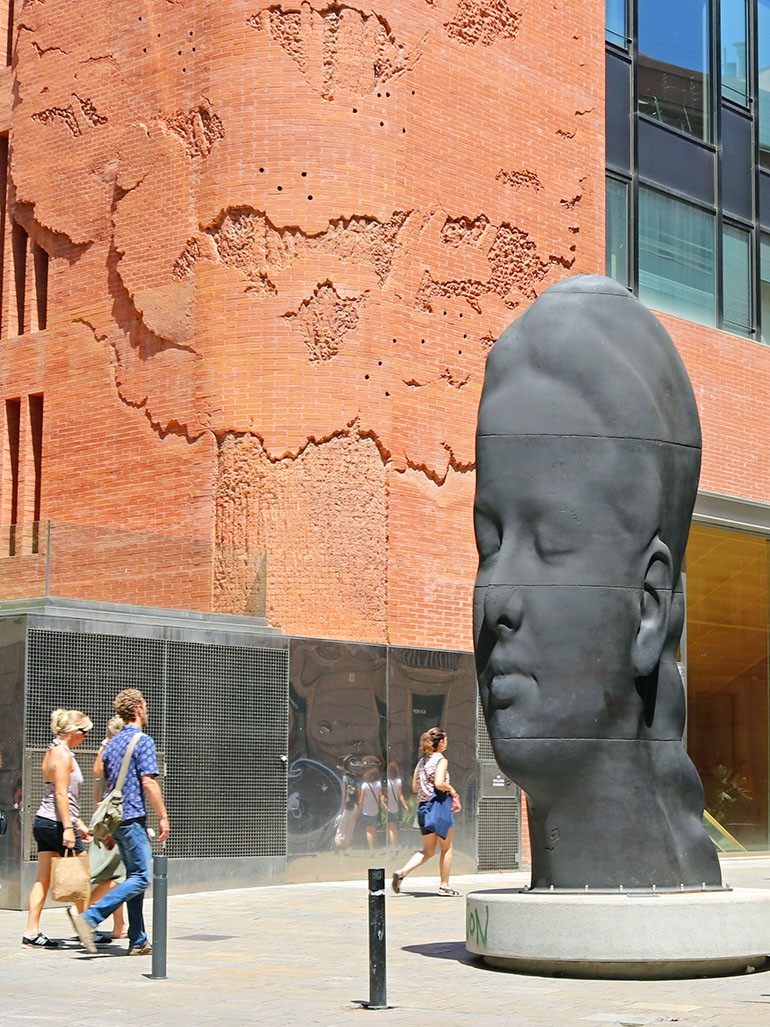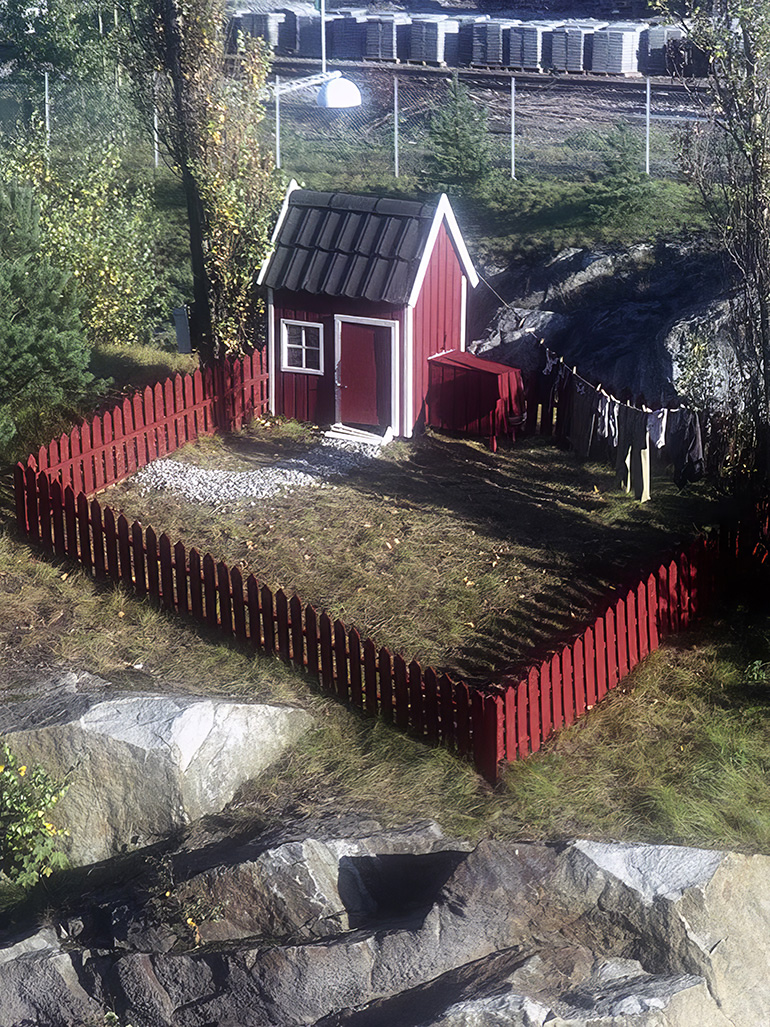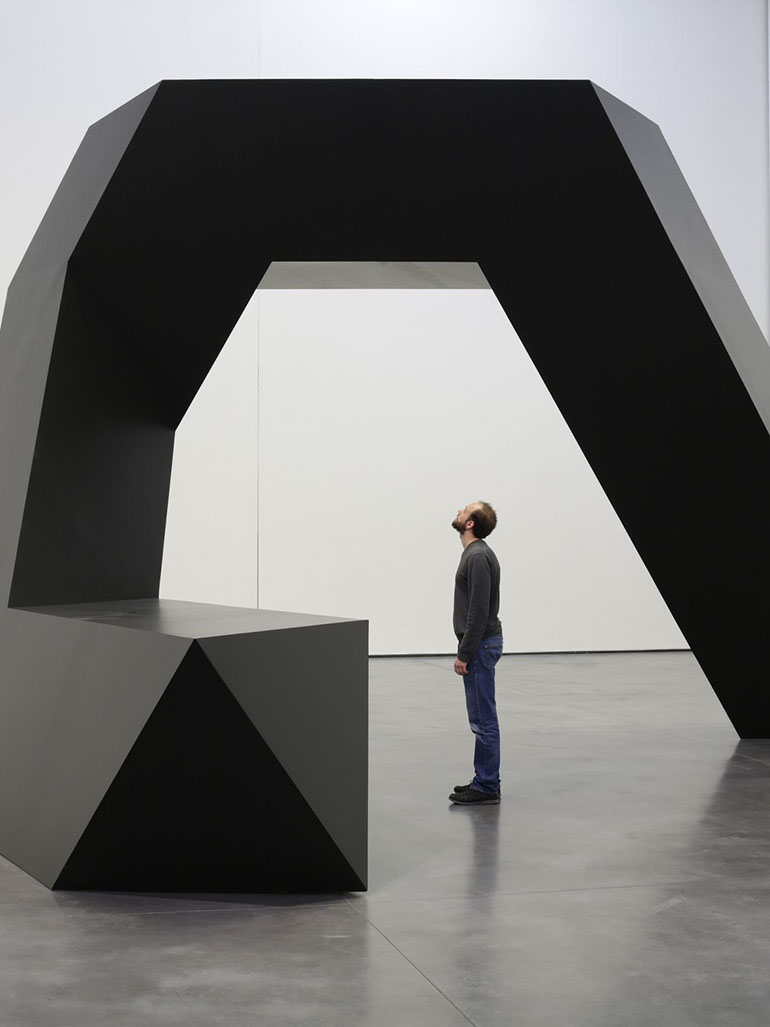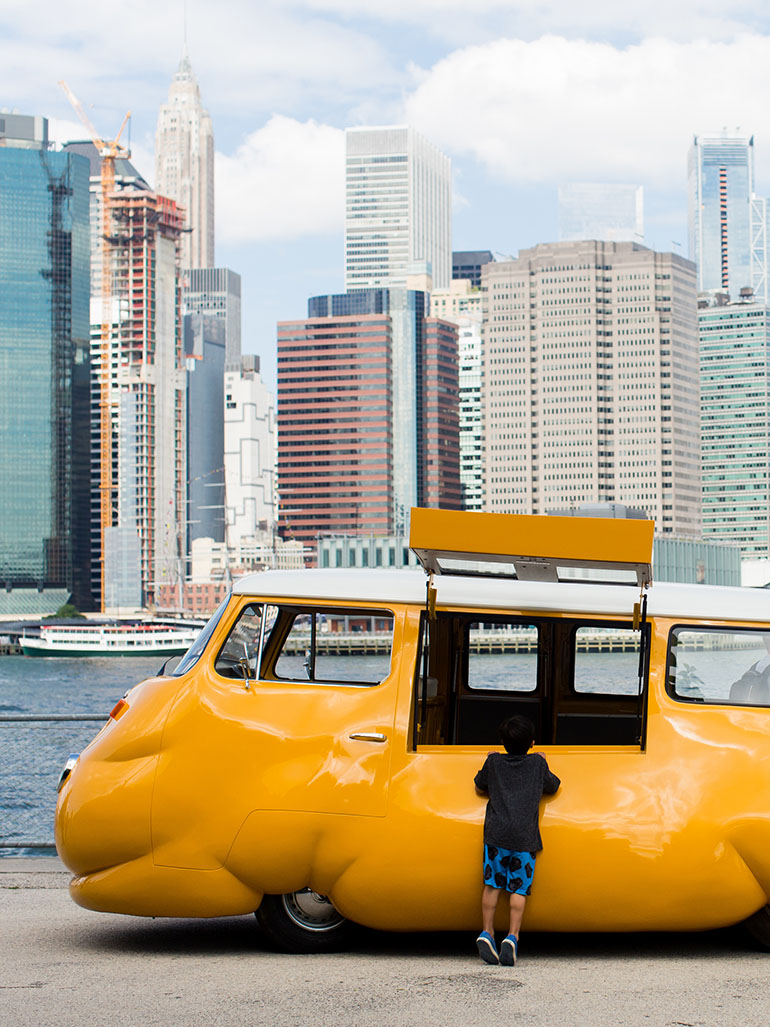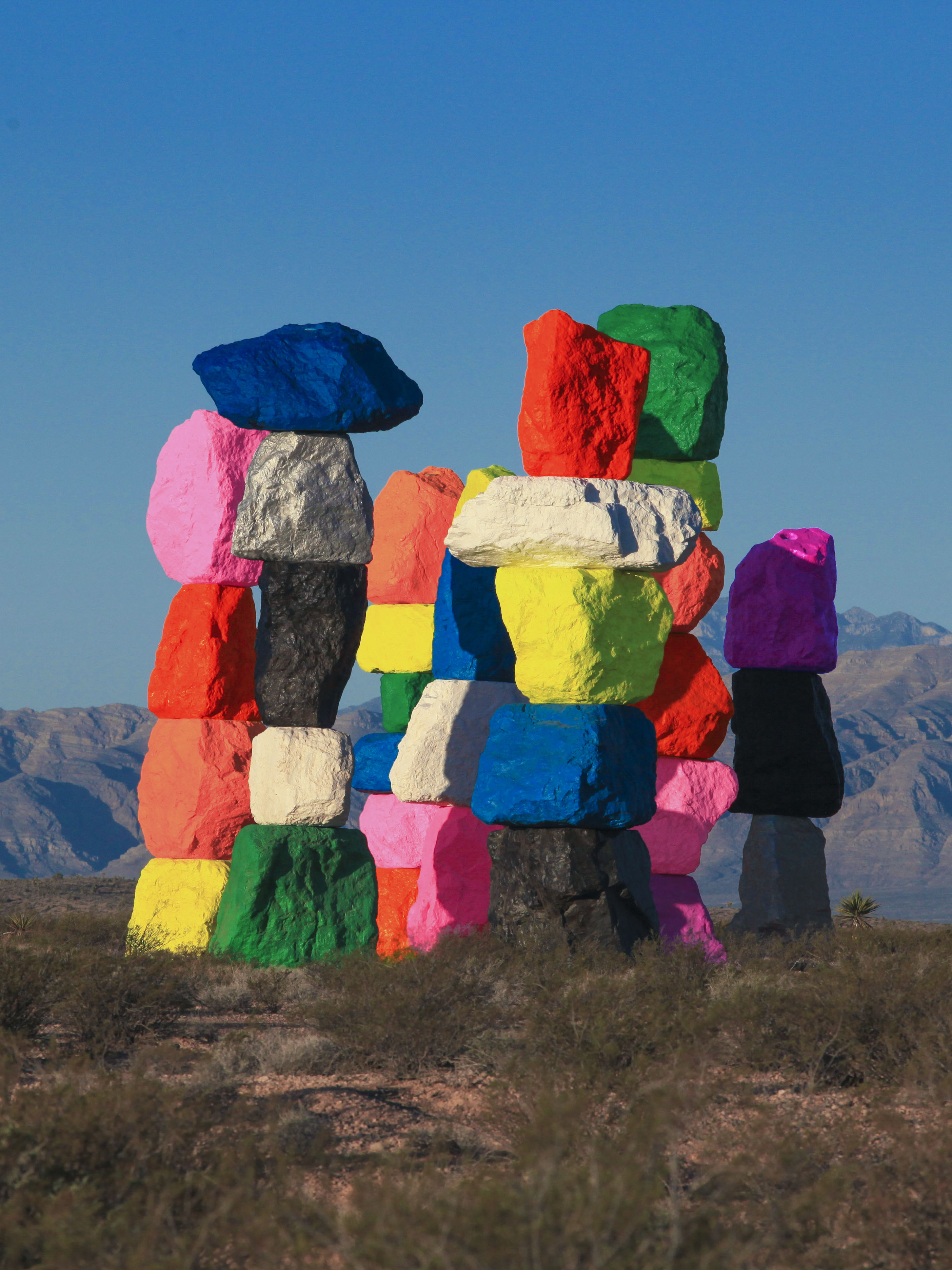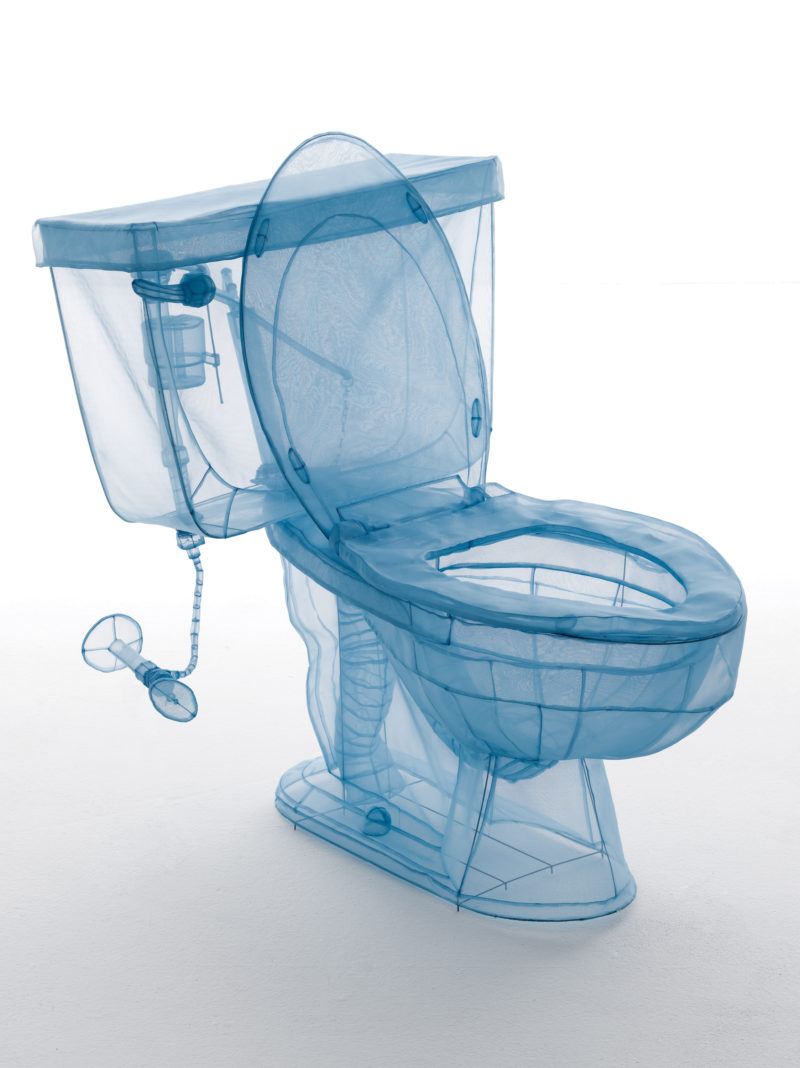
Introduction
Korean artist Do Ho Suh’s 1 Specimen series draws a lot from his personal experiences as an immigrant from his native country. Do arrived in America in 1991 to study art at the Rhode Island School of Design. His experiences at the school led him to measure spaces to create and establish a relationship with his environment. As he progressed in his career, Do developed the idea to take the measurements he had taken from various spaces where he used the measurements to replicate a series of specimens such as chairs, fridges, and ovens that he previously owned.
Why did he create this series?
Specimen demonstrated Do’s constructions of the spaces in his life and the elements held within the spaces, which he executed through various mediums such as resin, styrofoam, and fabric. In general, Do tried to use his specimens to address the emotions that people tie to spaces. Through the specimens, Do also exposed his own feelings of displacement characterized by references to his home in an overt or covert way.
Analysis
In his series of sculptural art pieces, Do Ho Suh continues his investigation of the themes adjoining cultural displacement and the existence of different cultural identities. Do explores how our identities help shape how we perceive and respond to our surroundings and how we manage to construct memories from the spaces that we have lived in or experienced previously.
Do was interested in exposing people’s connection to their physical spaces. The connections are physical, intangible as well as symbolic and psychological when a person leaves a comfortable environment such as the house they grew up in. The experience is often unsettling because it causes people to feel like they do not fit in anywhere.
Why is this work relevant now?
As such, his sculptures are intended to evoke emotions of distant recollections of the spaces we have known or experienced in the past. At a time when immigration is a soft issue, Do’s reflections on space and memory are particularly applicable at this time.
How the sculptures were created
Do recreated a full-scale replica of his studio apartment in New York at the main gallery using colored filmy and almost transparent fabric. Not only were the sculptures in the series full of intimate detail, but they were also dreamy owing to the translucence. The transparent fabric that he used was draped over stainless steel armature before being stitched to perfection.
Conclusion
As people went through the exhibition, they were forced to examine what it feels like to live in a space that is no longer familiar. They were also forced to examine the feelings that they would undergo once a familiar space ceases to be home. Even more pointedly, the audience was forced to examine the feelings and the emotions they would have if they had no home to think of at all.
Fabric works
Basin, 2015
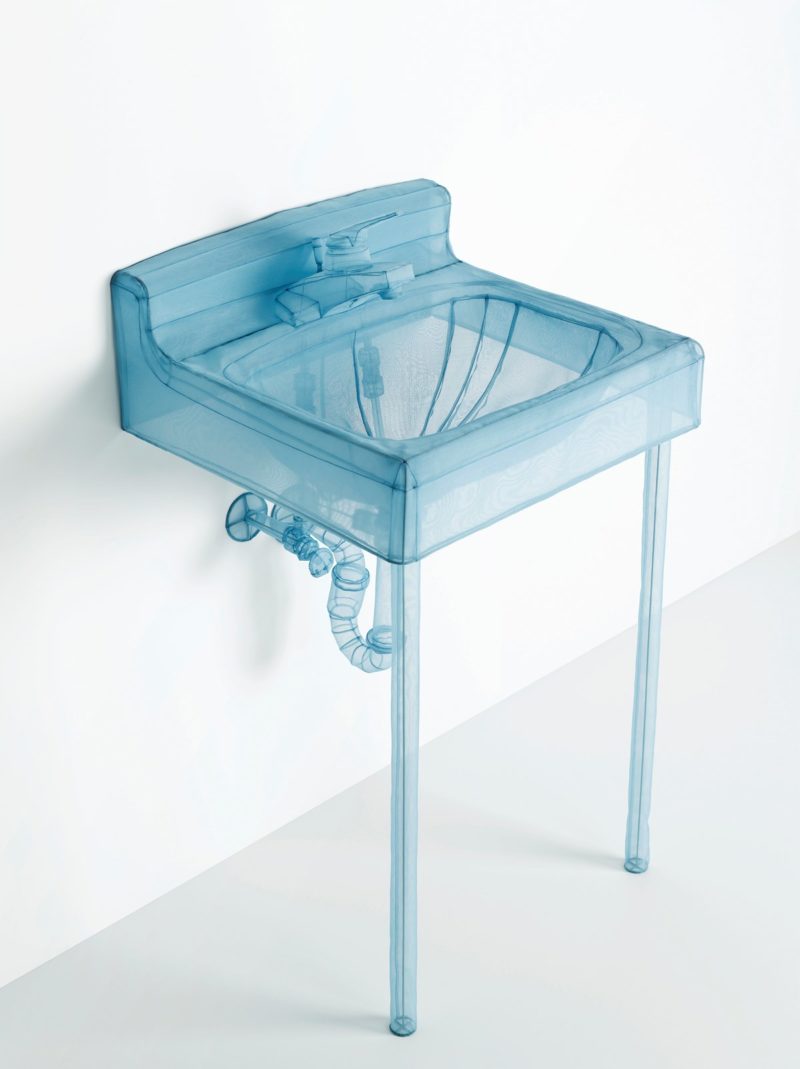
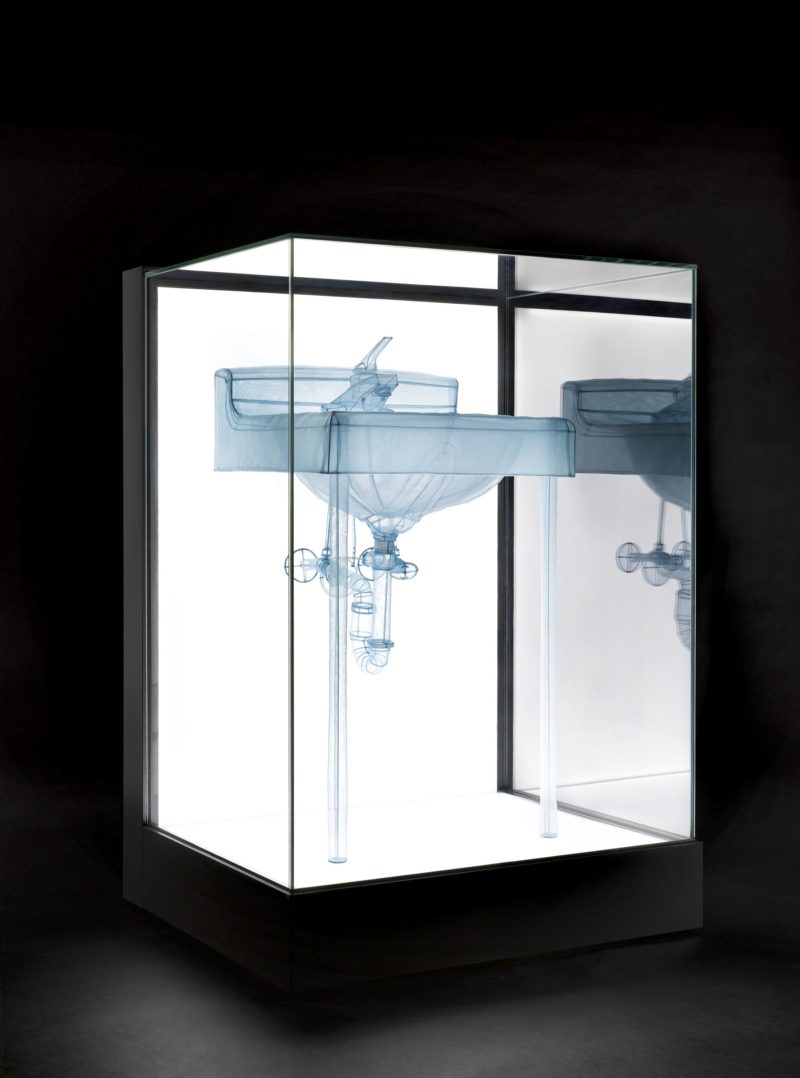
Bathtub, 2013
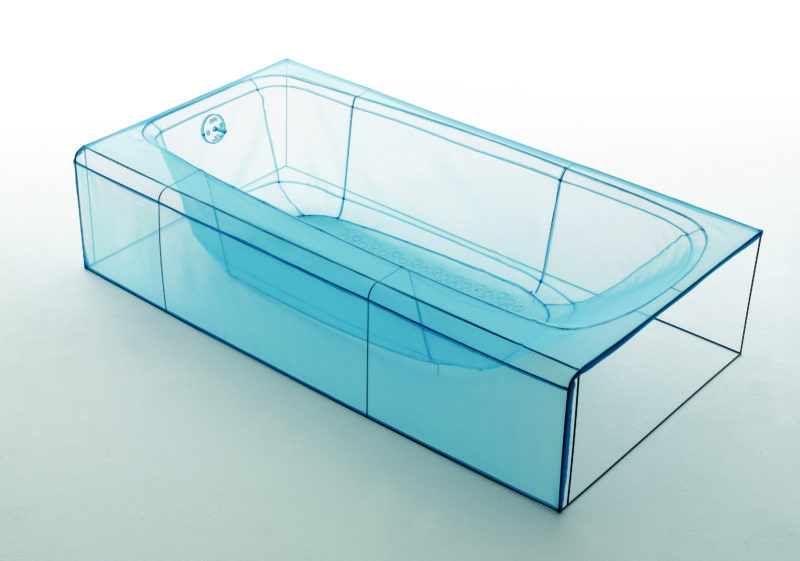
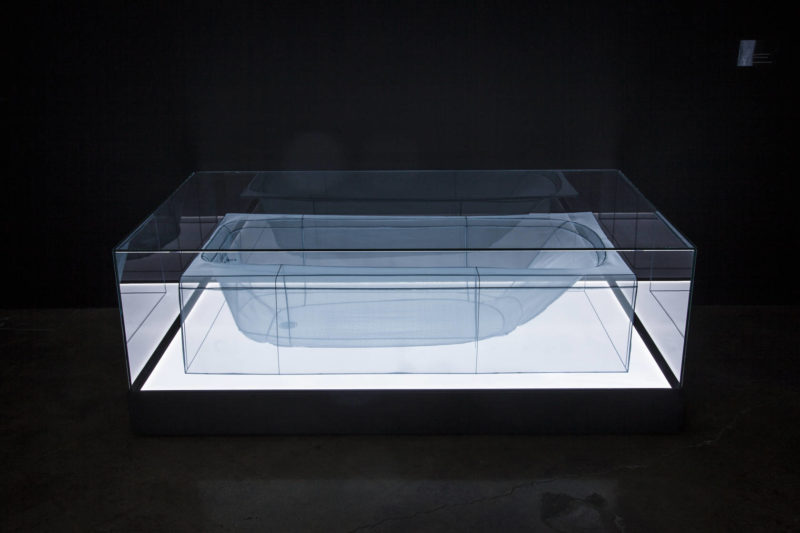
Medicine Cabinet, 2013
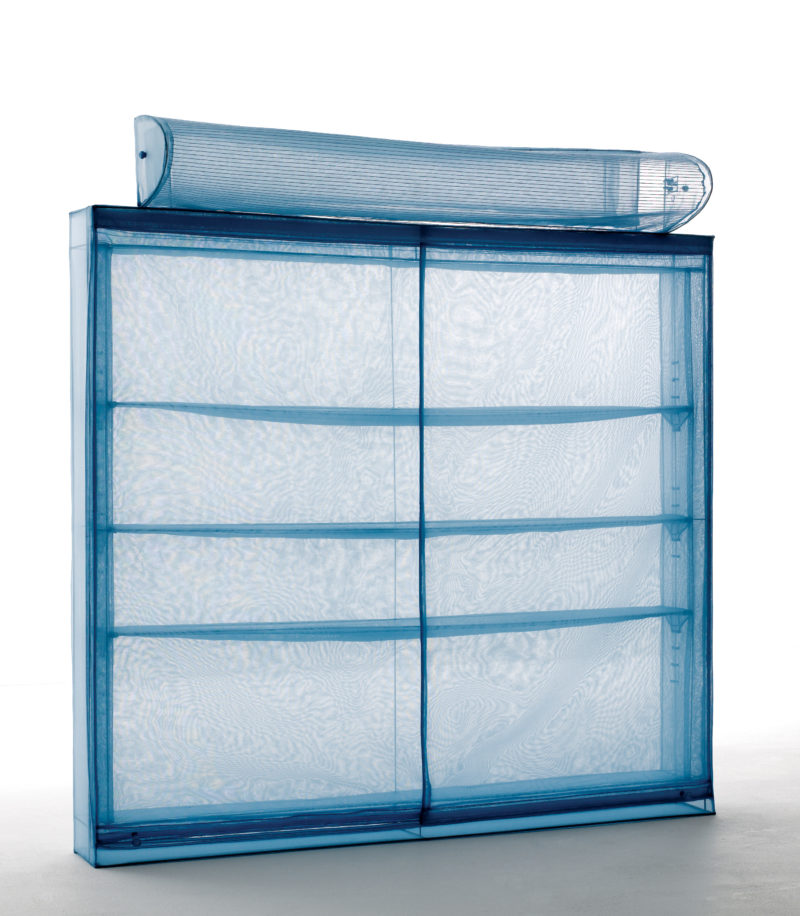
Radiator, 2013
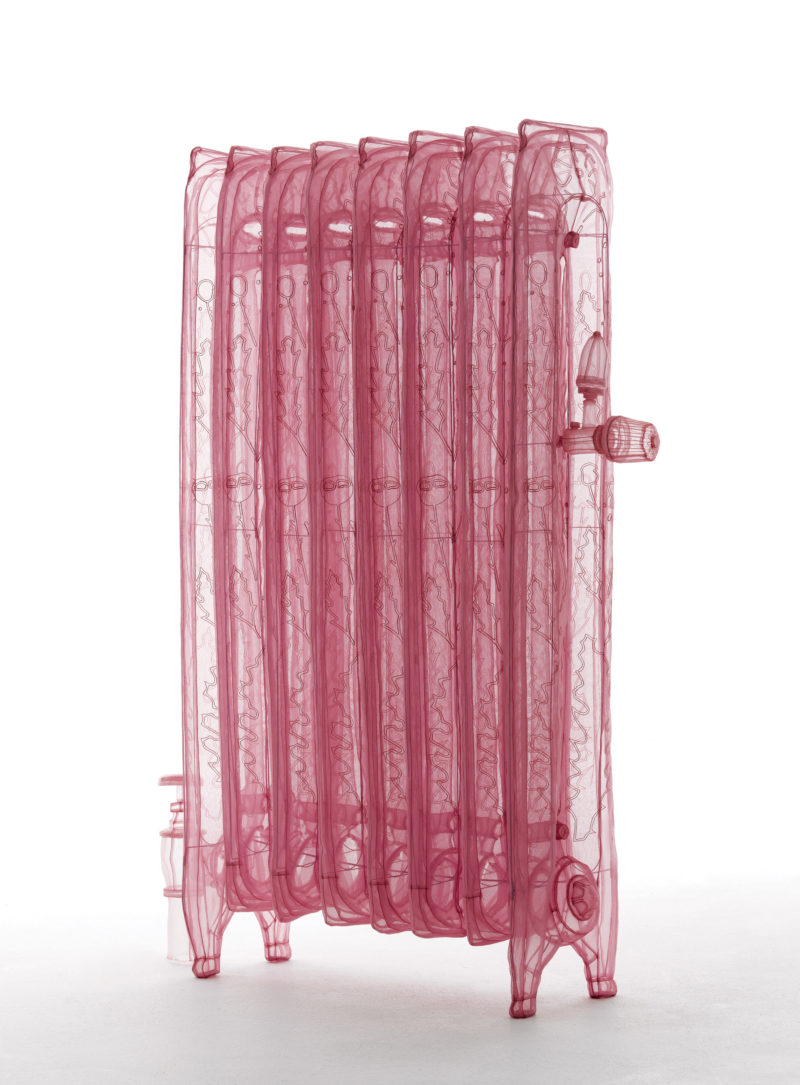
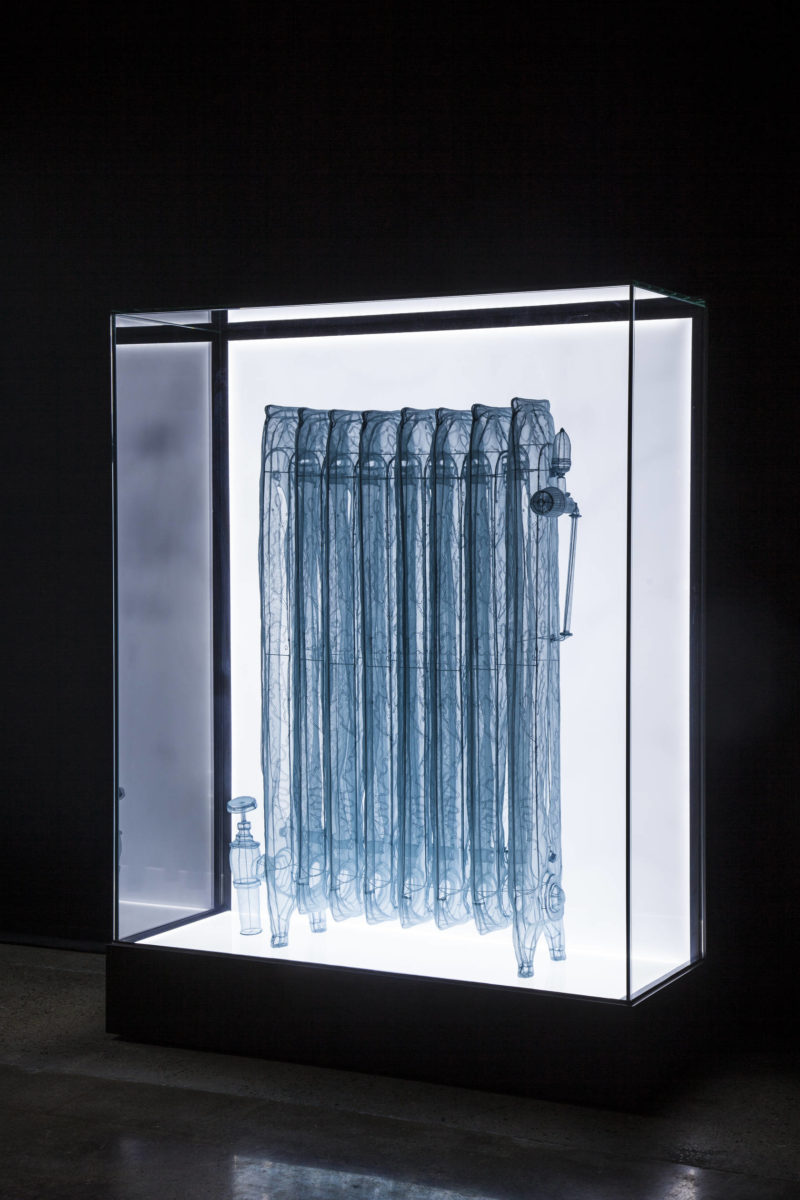
Refrigerator, 2013
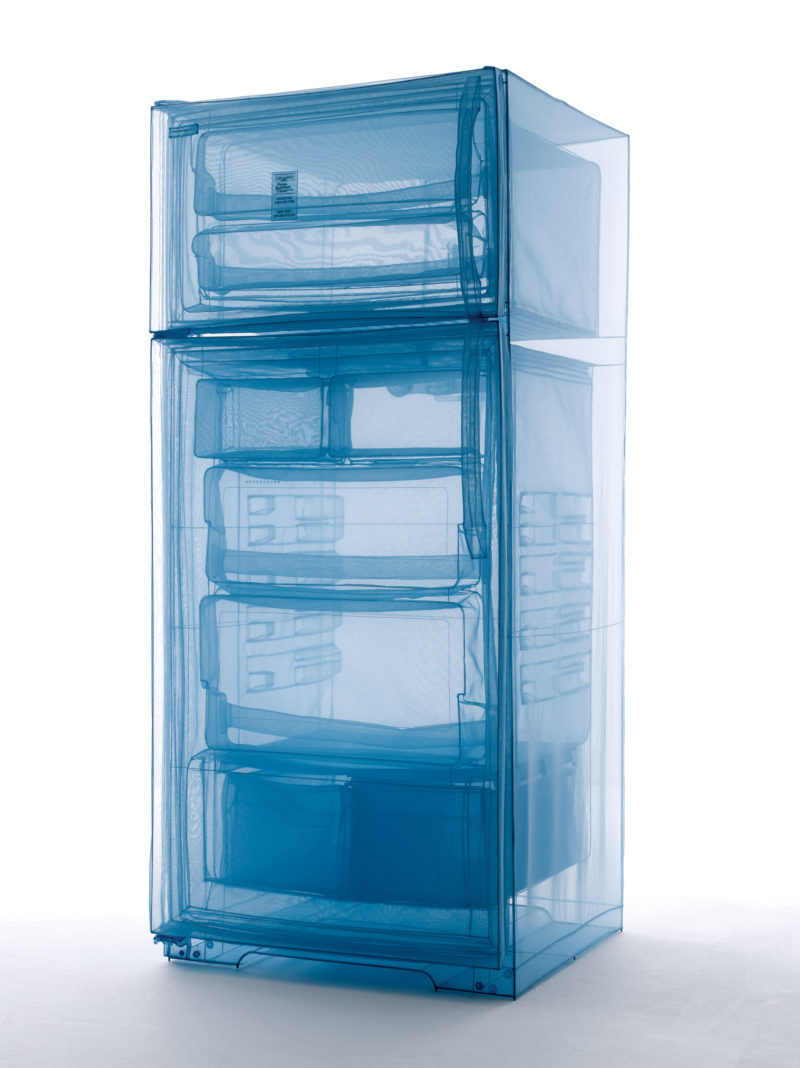
Stove, 2013
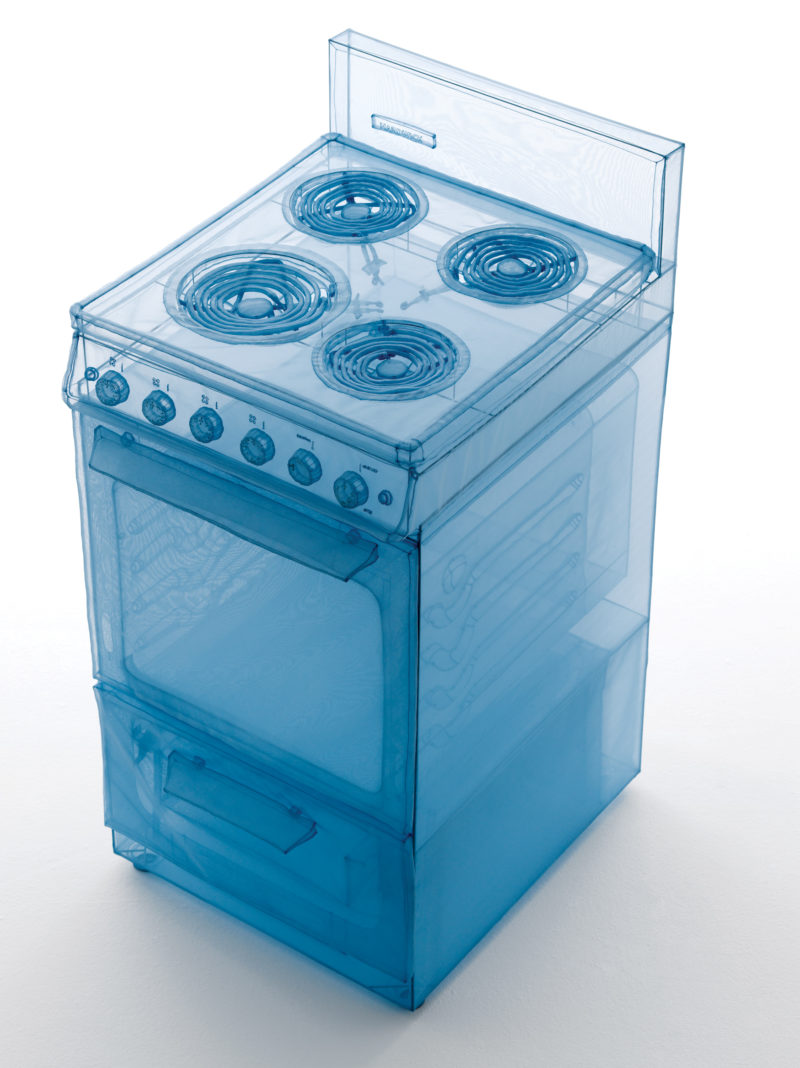
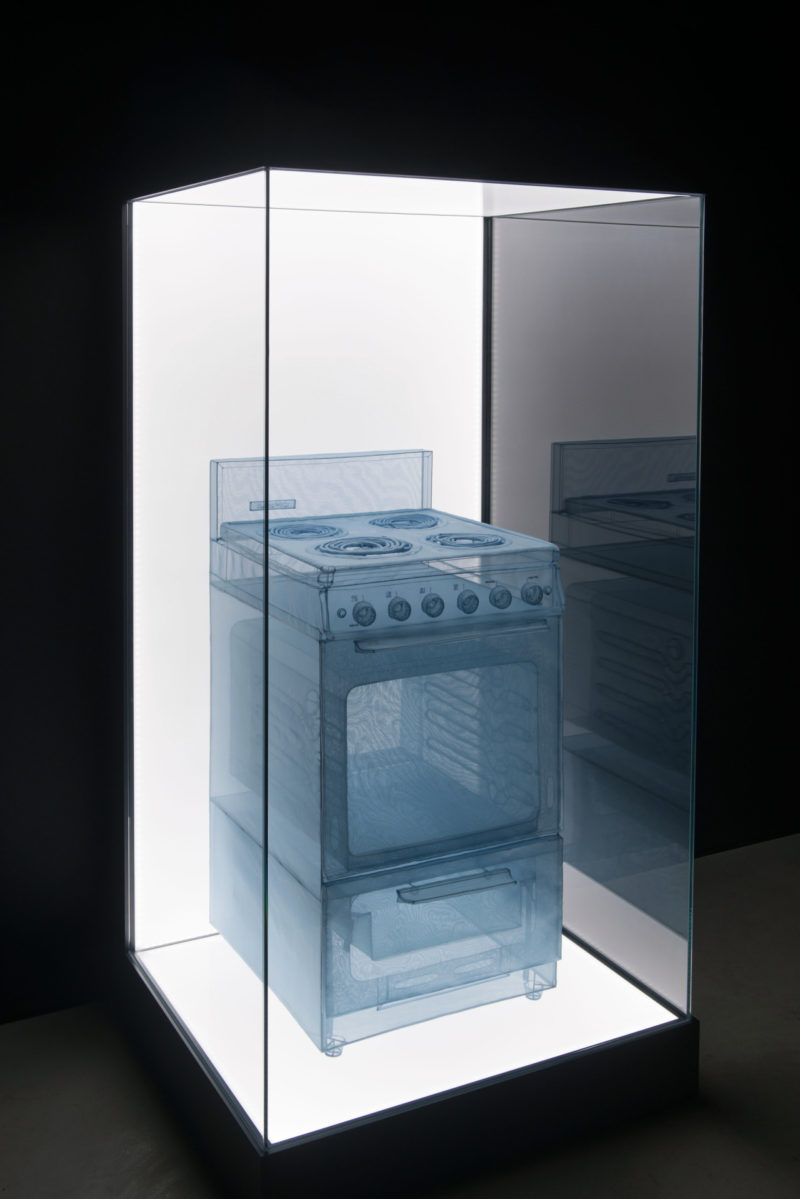
Toilet, 2013
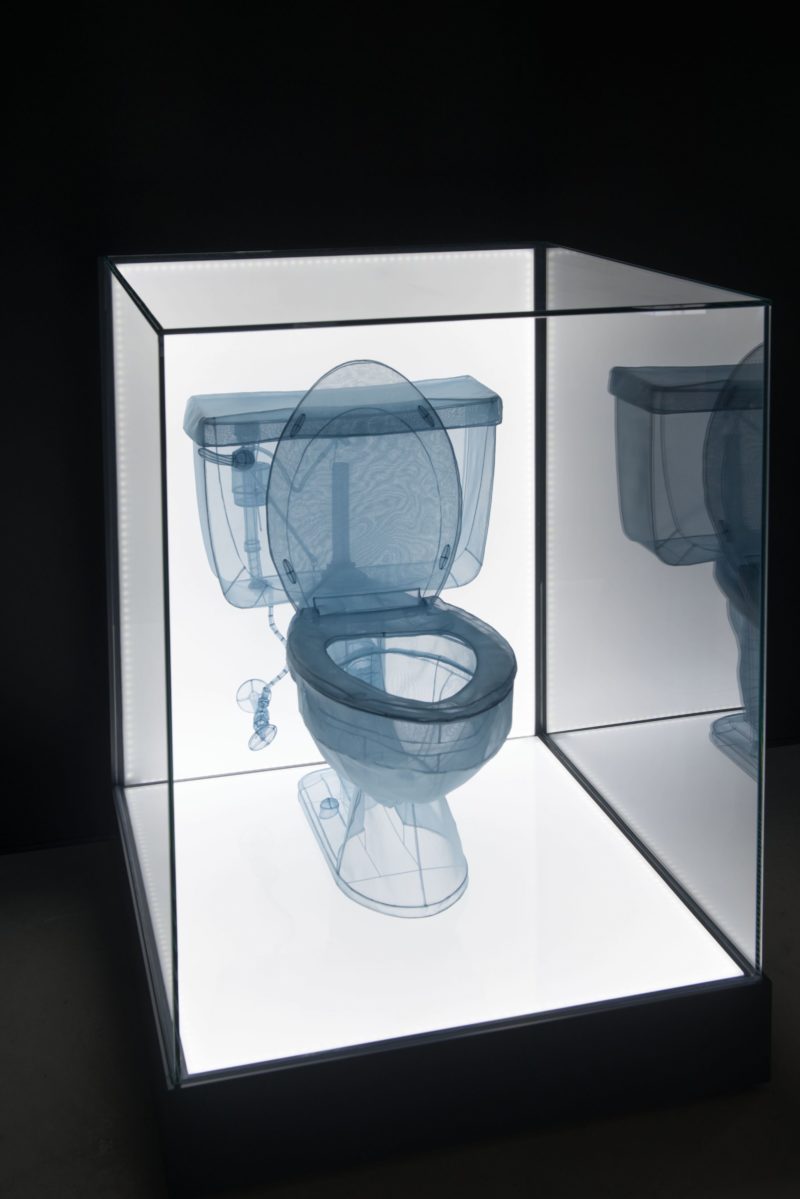
Exhibition photos: Frist Art Museum
